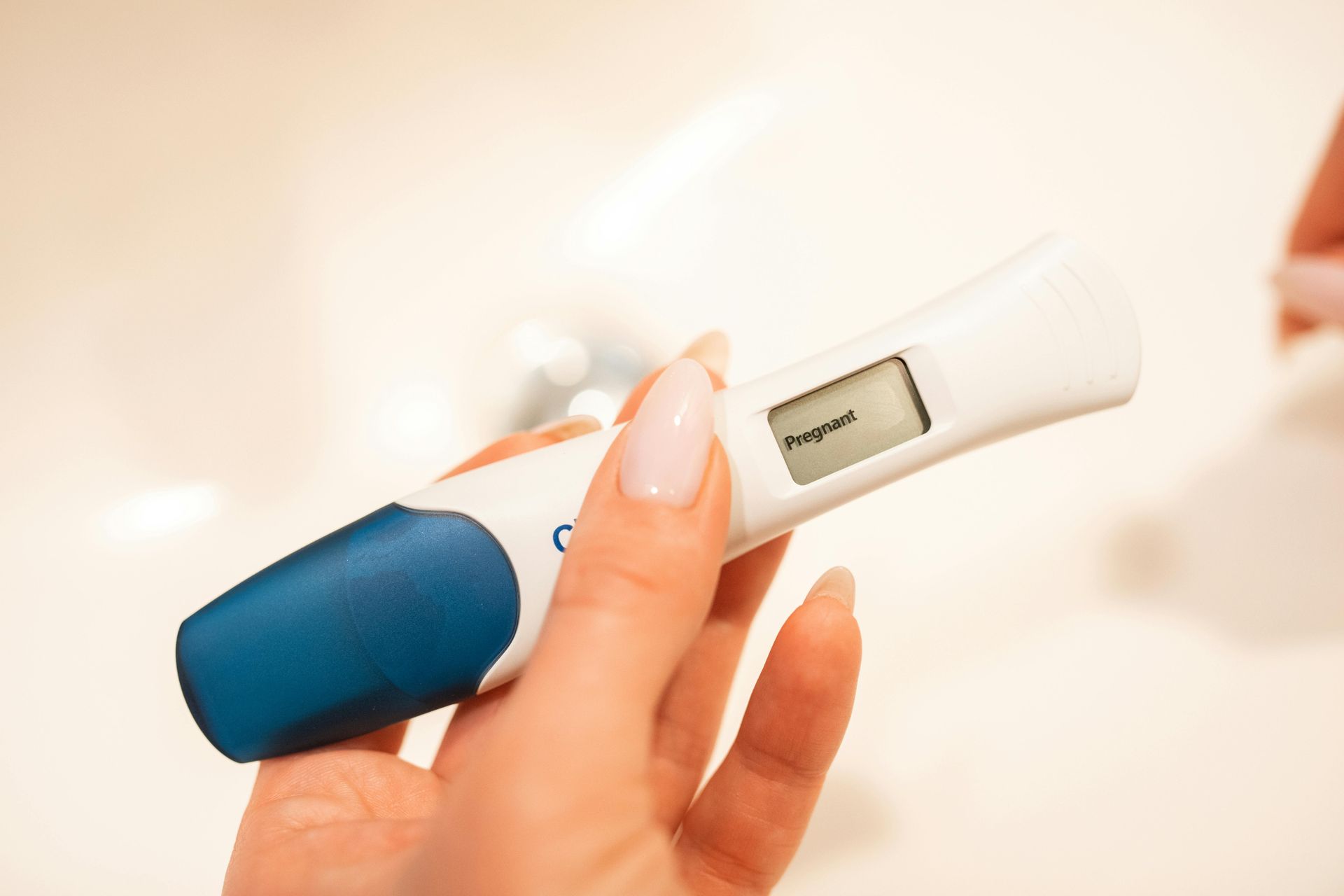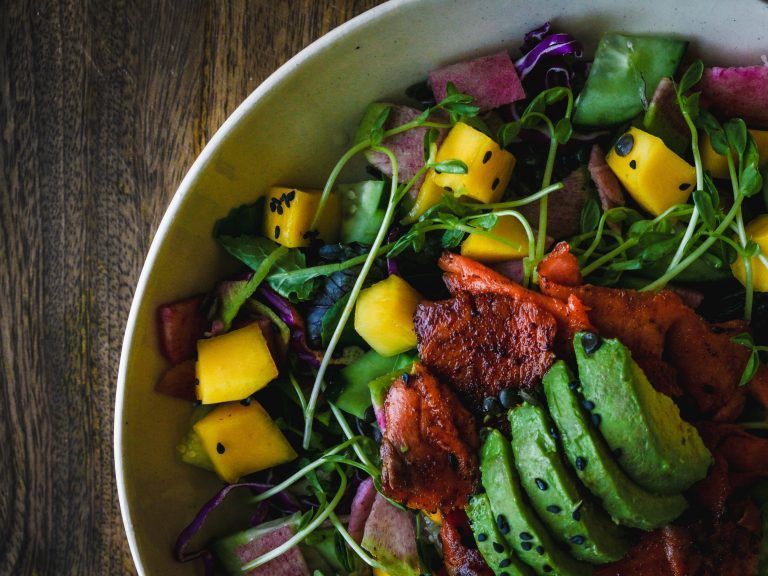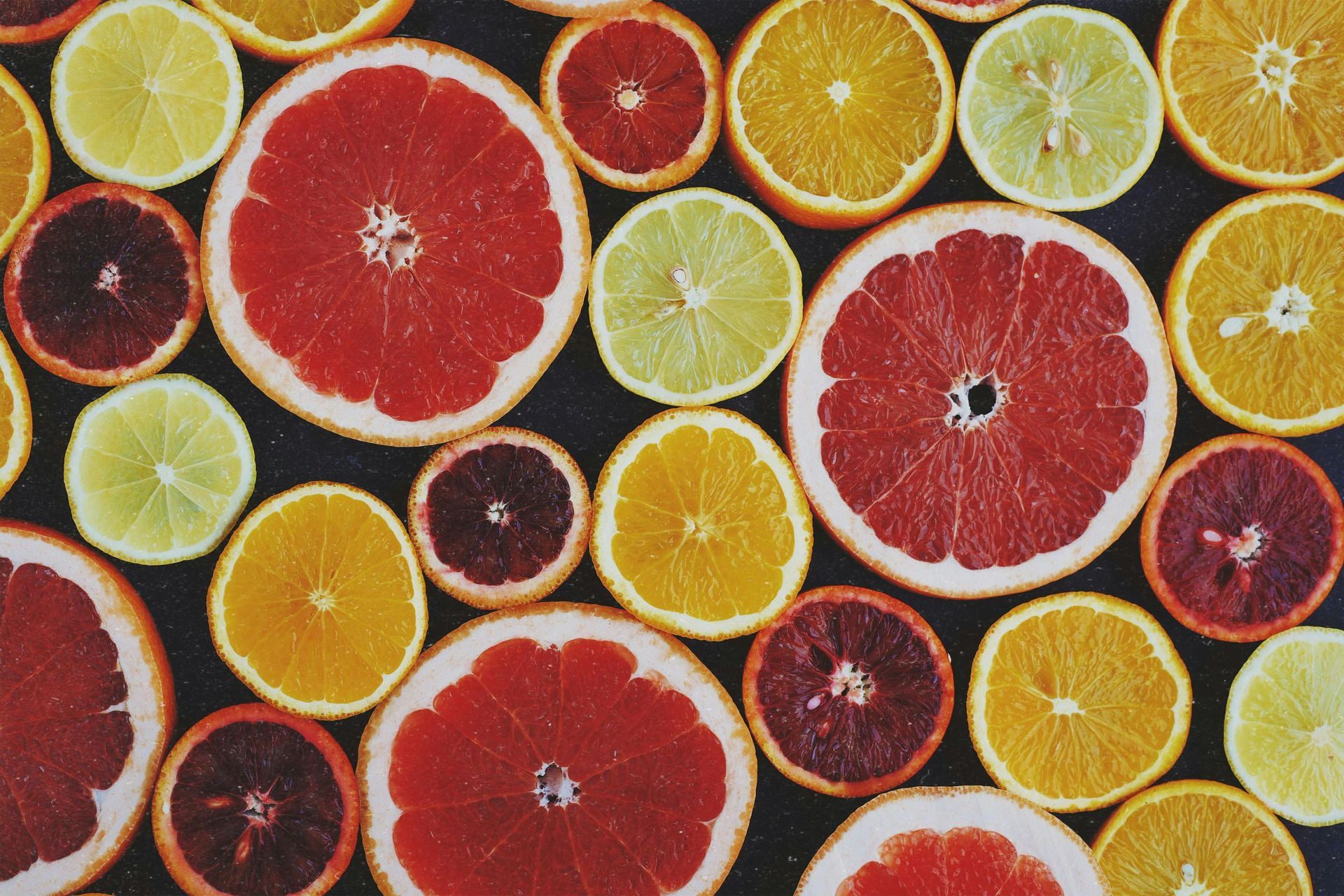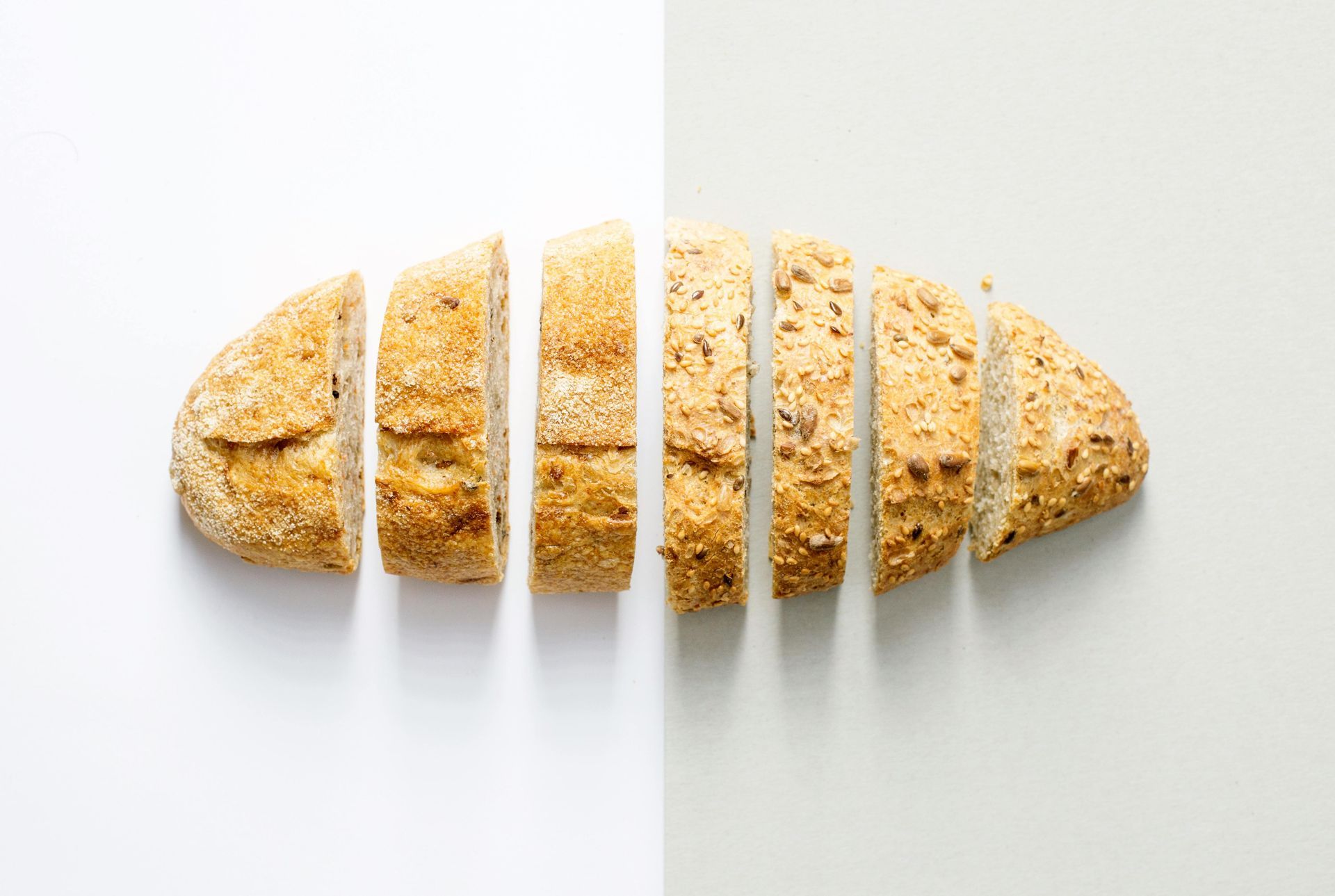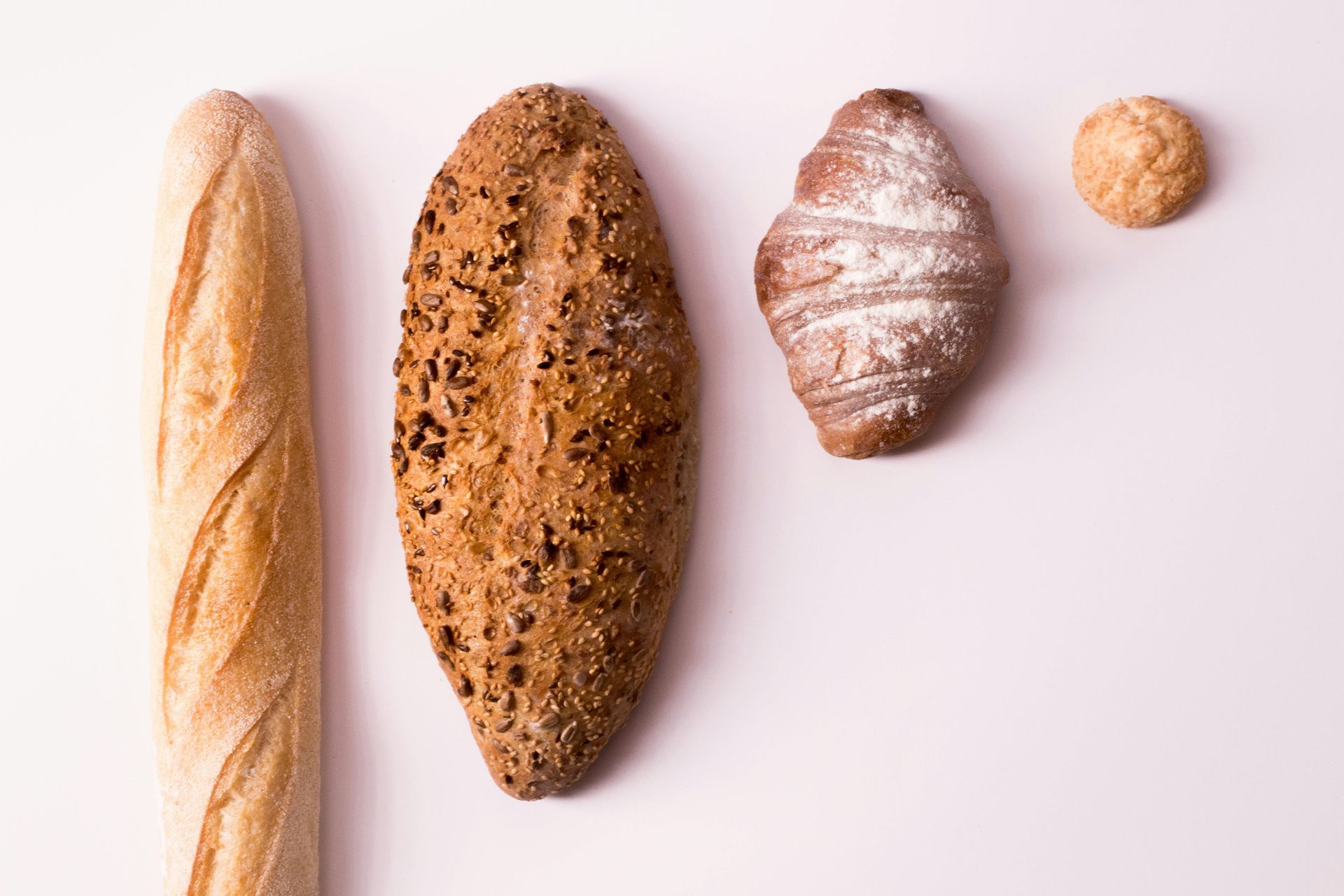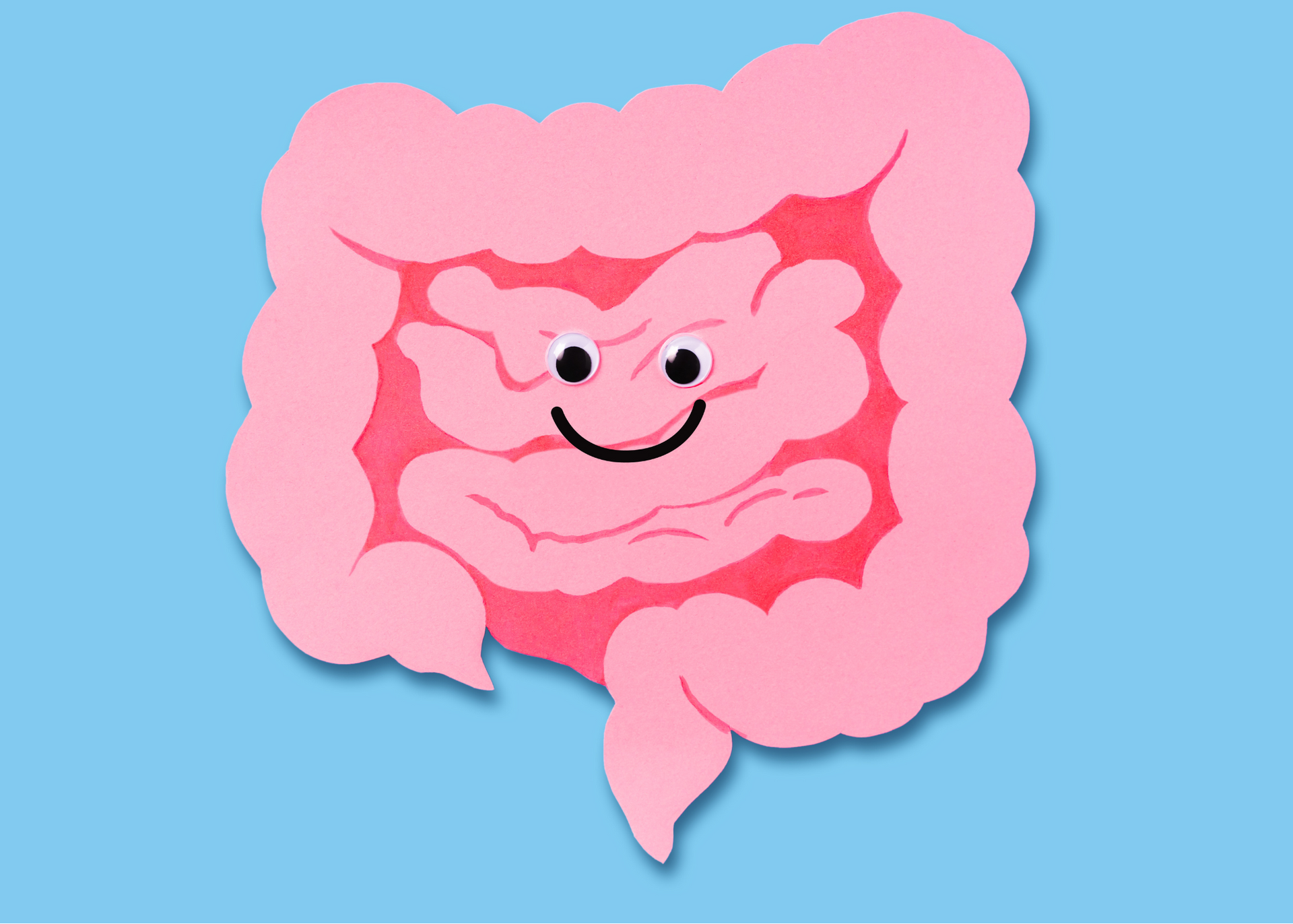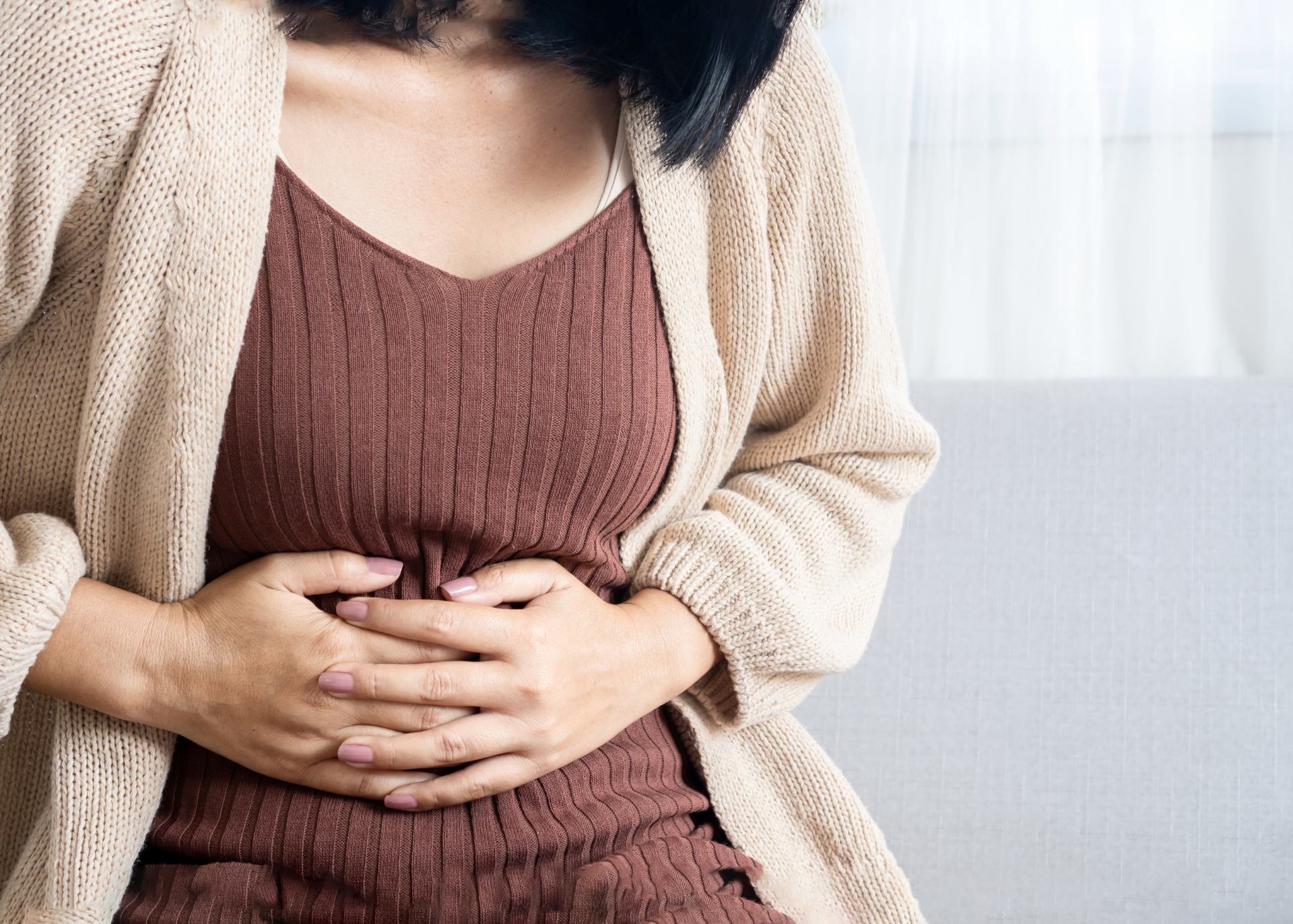The Worst Foods for Fibroids, According to a Dietitian
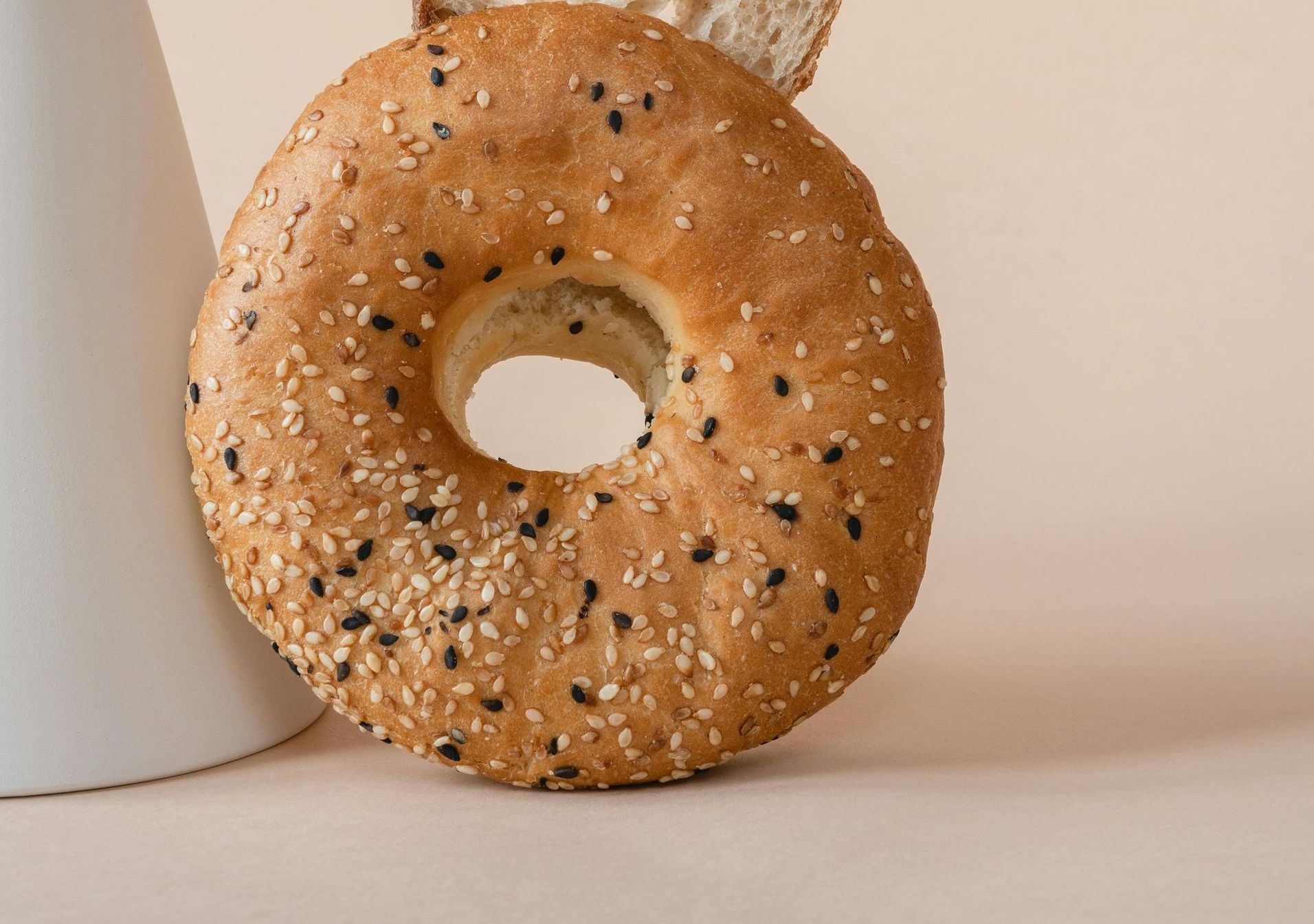
Fibroids are one of the most common conditions among women in their reproductive years.
As a Registered Dietitian and women's health expert, I’ve worked with so many women struggling with disruptive fibroid symptoms who are desperate for relief.
Sadly, it often takes years to get a diagnosis. And your doctor may not have more to offer than a prescription for birth control.
But birth control is not your only option!
Your hormones control the growth of fibroids, and what you eat has a
huge impact on your hormones.
In this post, I’ll cover:
- The three most common drivers of fibroids
- The worst foods for fibroids and why you should avoid them
- Fibroid FAQ’s
What Causes Fibroids?
Fibroids are benign growths (technically called tumors, but don’t worry - they’re non-cancerous) that develop within or along the walls of the uterus.
They are made up of smooth muscle and fibrous tissue and can range in size from microscopic to as large as a grapefruit.
Large fibroids are much more likely to cause noticeable symptoms due to their size and impact on nearby organs. However, even small fibroids can sometimes cause symptoms, depending on their location within the uterus.
Main Drivers of Fibroids
There are three main drivers of fibroids:
- Estrogen dominance: If the ratio of estrogen to progesterone is imbalanced, you may become estrogen-dominant. Exposure to higher levels of estrogen promotes the growth of fibroids. Because estrogen dominance is so common, it’s one of the first things I test for when a woman comes to me struggling with fibroids.
- Insulin resistance/unstable blood sugars: If you’re insulin resistant or experience swings in blood sugar, your body may secrete too much insulin. That extra insulin may promote the growth of fibroid tissues.
- Inflammation: Chronic inflammation creates an environment at the cellular level that
enhances fibroid development. In turn, fibroids secrete pro-inflammatory signals, creating a frustrating cycle of inflammation that promotes fibroid growth.

Fibroid Symptoms
Some women with fibroids don’t have symptoms, but if you’re one of the 30% with symptoms, the impact can be significant.
The most common fibroid symptoms include:
- Pelvic pressure
- Constipation
- Pain in the abdomen and/or lower back
- Pain or discomfort during sex
- Irregular periods
- Heavy periods
- Periods lasting longer than a week
- Reproductive issues
If you're experiencing any of these symptoms, it’s worth exploring whether fibroids could be the cause.
The Worst Foods for Fibroids
The worst foods for fibroids encourage the three main drivers of fibroid growth: estrogen dominance, blood sugar instability, and inflammation.
Some of the foods impact one or two drivers, while some impact all three.
Each meal and snack you eat is an opportunity to address the internal environment that is allowing fibroids to grow.
I recommend avoiding these foods as much as possible if you have any symptoms of fibroids. Once your symptoms go away, you should be able to avoid them 80-90% of the time and keep fibroid growth and symptoms at bay.
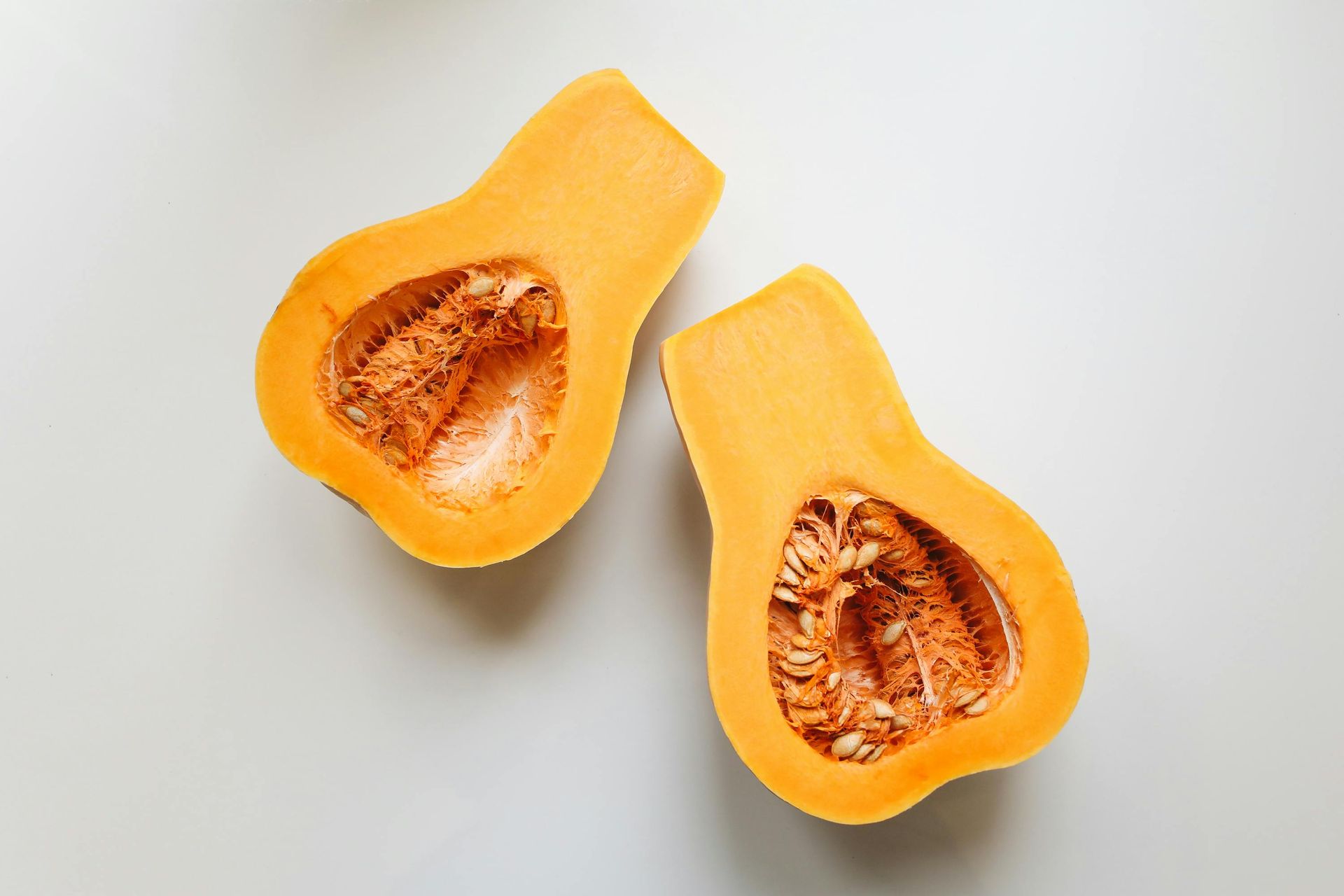
Processed Meat
Meats that have been processed by smoking, curing, or other preservation methods are a source of harmful compounds that cause inflammation and hormonal imbalances.
These foods are also high in unhealthy fats, low in nutrients, and associated with an increased risk of chronic disease, including cancer, so I recommend avoiding them even if fibroids aren’t a concern.
Healthy alternatives are nitrate-free options available from brands like Applegate (no affiliation) that contain simple ingredients you understand and no preservatives or additives.
Avoid:
Bacon, sausage, jerky, hot dogs, lunch meat, and ham.
Quick-Burn Carbohydrates
Quick-burn carbs are carbs that have been highly processed and lack fiber, so your body burns through them quickly. This leads to a blood sugar spike, followed by a crash.
The roller coaster effect of blood sugar spikes and crashes disrupts the normal action of insulin and promotes fibroid growth.
Avoid:
Pasta, bagels, crackers, tortillas, bread, and chips.
Processed Foods
Processed foods are foods that have been extremely altered from their natural state and contain additives like artificial flavors, preservatives, sweeteners, and emulsifiers.
Many food additives are endocrine (hormone) disruptors that can cause or worsen estrogen dominance.
For example, the food preservative BHA (butylated hydroxyanisole) is a xenoestrogen that mimics estrogen in the body.
Avoid: Breakfast cereals, cakes, cookies, canned food, pre-made meals, snack foods, and foods with a long list of ingredients, especially ingredients you don’t recognize.
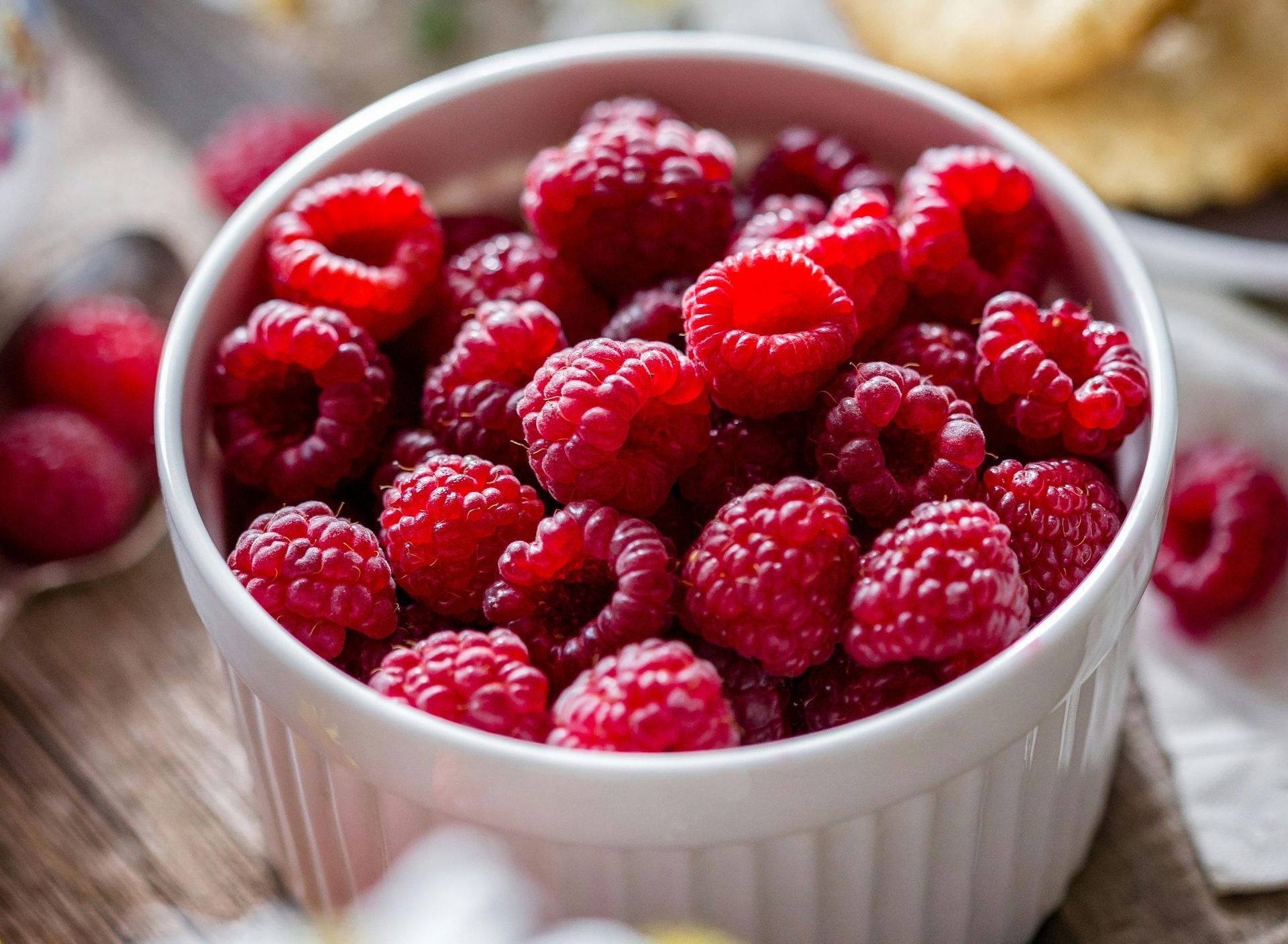
Sugary Foods
Sugary foods are quick burn carbs on steroids. These foods top the list of the worst foods for fibroids.
When you consume a large amount of sugar, your body releases a burst of insulin. Over time, this causes reduced sensitivity to insulin and other changes at the cellular level that lead to insulin resistance.
Cutting back on sugar is an easy way to both prevent and reverse insulin resistance, which will, in turn, improve estrogen levels.
Avoid: Sweets, cakes, cookies, candy, soda, juice, and coffee or tea with added sugar.
Alcohol
Estrogen levels tend to be higher in women who drink alcohol than in non-drinkers. Even one drink per day can create an unwanted increase in estrogen levels.
Reducing your alcohol consumption will directly improve your liver health and support estrogen detoxification.
Avoid: Any alcoholic beverage, including beer, wine, cocktails, and seltzer.
The Best Foods for Shrinking Fibroids
Avoiding foods that worsen fibroids is only half of the equation when it comes to shrinking your fibroids and improving your symptoms.
It’s just as important to replace those foods with foods that support hormone balance, shrink fibroids, and improve fibroid symptoms.
Check out
this blog to learn which foods to focus on.
Comprehensive Fibroid Support
At Plate and Canvas, we provide comprehensive evaluations and natural alternatives to rebalance hormones, shrink fibroids, and reduce fibroid symptoms.
If you think your hormones may be imbalanced but you’re not sure what to do about it, my
hormone imbalance quiz is an easy next step. This free quiz will pinpoint imbalances in your hormones and provide personalized next steps based on your specific hormone imbalance type.
If you know you want more hormone imbalance support, my
Restore Program is ideal for any woman struggling with fibroids. The program is a comprehensive guide to bringing your hormones back into balance naturally, using science-backed techniques, quality supplements you can trust, and support from a
functional medicine practitioner.
If you want an even more intimate, personalized experience, we offer
one-on-one consultations, complete with personalized testing and a customized plan tailored to your specific needs.
Fibroid Diet FAQ’s
Can certain foods cause fibroids?
It’s too simplistic to say any one food can
cause fibroids. However, we do know certain foods may make fibroids worse while others may shrink them and improve fibroid symptoms. If you want to shrink your fibroids or improve your fibroid-related symptoms naturally, improving your diet should be a big focus.
Is red meat bad for fibroids?
Make sure you drink lots of water, and consider an electrolyte supplement to enhance hydration. Limit your intake of drinks that contain sugar and/or caffeine like juice, soda, sports drinks, sweet tea, energy drinks, and sweetened coffee drinks.
Is soy bad for fibroids?
There is currently no clear answer on how soy may affect fibroids or fibroid-related symptoms. Research suggests soy could be problematic during infancy, but it doesn’t
seem to be a problem for
adult women. More research is definitely needed.
Is dairy bad for fibroids?
No, in fact, dairy may be beneficial for fibroids. Research shows dairy is linked to a slightly
lower risk of fibroids for some women and no change in risk for others. To be on the safe side, I recommend choosing organic dairy when possible to limit your exposure to hormones.
What supplement is good for fibroids?
Quality supplements are helpful in addressing nutrient deficiencies, supporting hormonal balance, reducing stress, lowering inflammation, and improving blood sugar control, which can improve fibroids. For women struggling with fibroids, I often recommend a few of the following:
- Omega-3 fish oil
- Magnesium
- Curcumin (the active compound in turmeric)
- Calcium D-Glucarate
- DIM (Diindolylmethane)
- Vitamin D
- Probiotics and prebiotics
Can I shrink my fibroids with a healthy diet?
While a healthy diet is a huge part of shrinking fibroids, it often takes more than just avoiding the worst fibroid-promoting foods to shrink fibroids and improve symptoms. Balancing your hormones requires a
comprehensive lifestyle approach that addresses your diet as well as other daily habits that impact your hormonal system.
Do genetics play a role in fibroids?
Genetics can play a role in your risk of developing fibroids, but that doesn’t mean you’re destined to get them just because your mom or grandmother did. The good news is your lifestyle, especially your diet, has the ability to turn genes on and off. By focusing on the right healthy habits, you can turn off the genes linked to fibroids and significantly decrease your risk.
What else can I do to improve my fibroids?
Exercise: Exercise is great for eliminating endocrine disruptors via sweat, supporting overall estrogen detoxification, and burning excess estrogen-producing fat cells. Both resistance training and cardio should be part of your routine, but the emphasis should be on strength training.
Sleep: Sleep is critical for hormone balance. Establish good sleep habits by setting a consistent sleep schedule, reducing screen time before bed, and incorporating a soothing pre-bed routine.
Stress reduction: Manage stress to keep your cortisol, estrogen, and progesterone at healthy levels. Walking, journaling, yoga, or mindfulness practices can all help reduce stress, but find the stress-reducing techniques that work for
you.
Continue Reading
